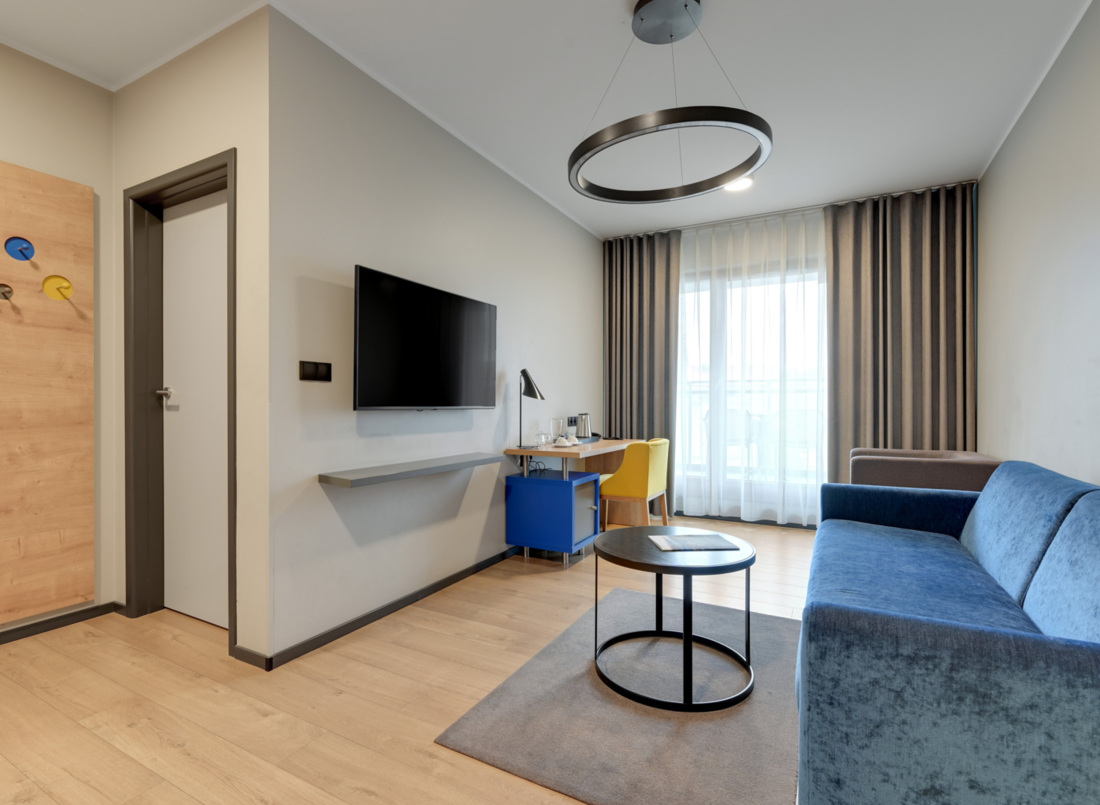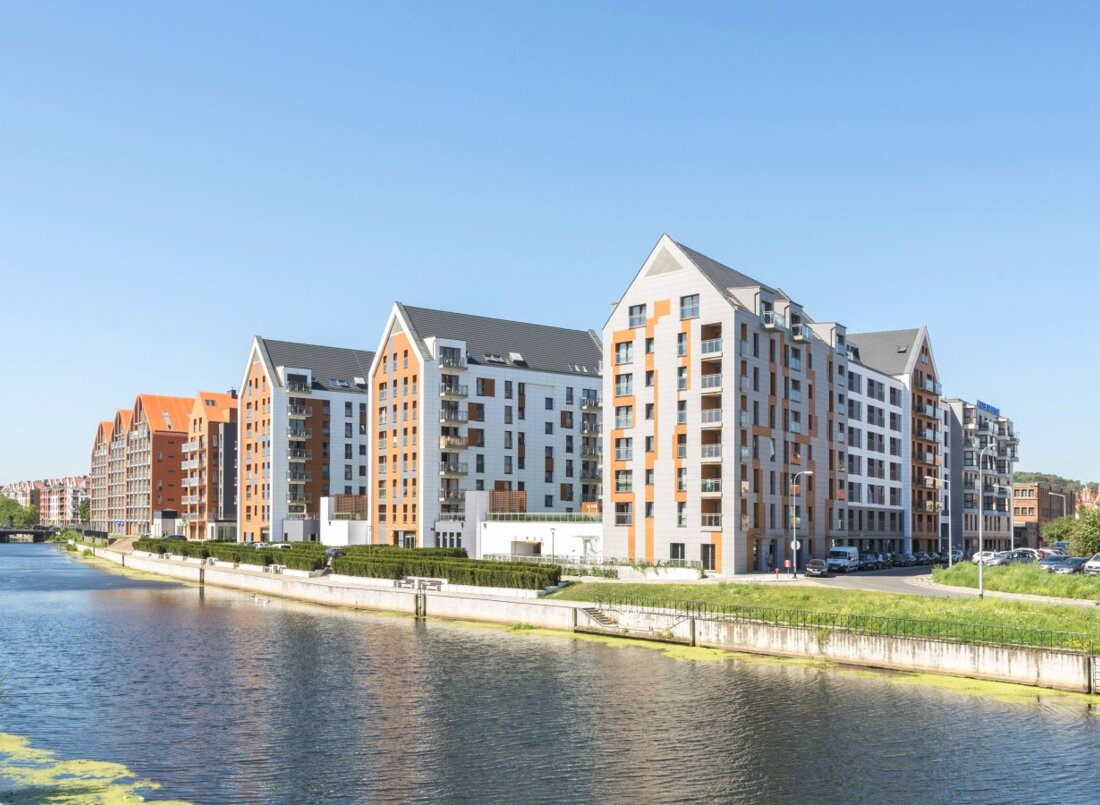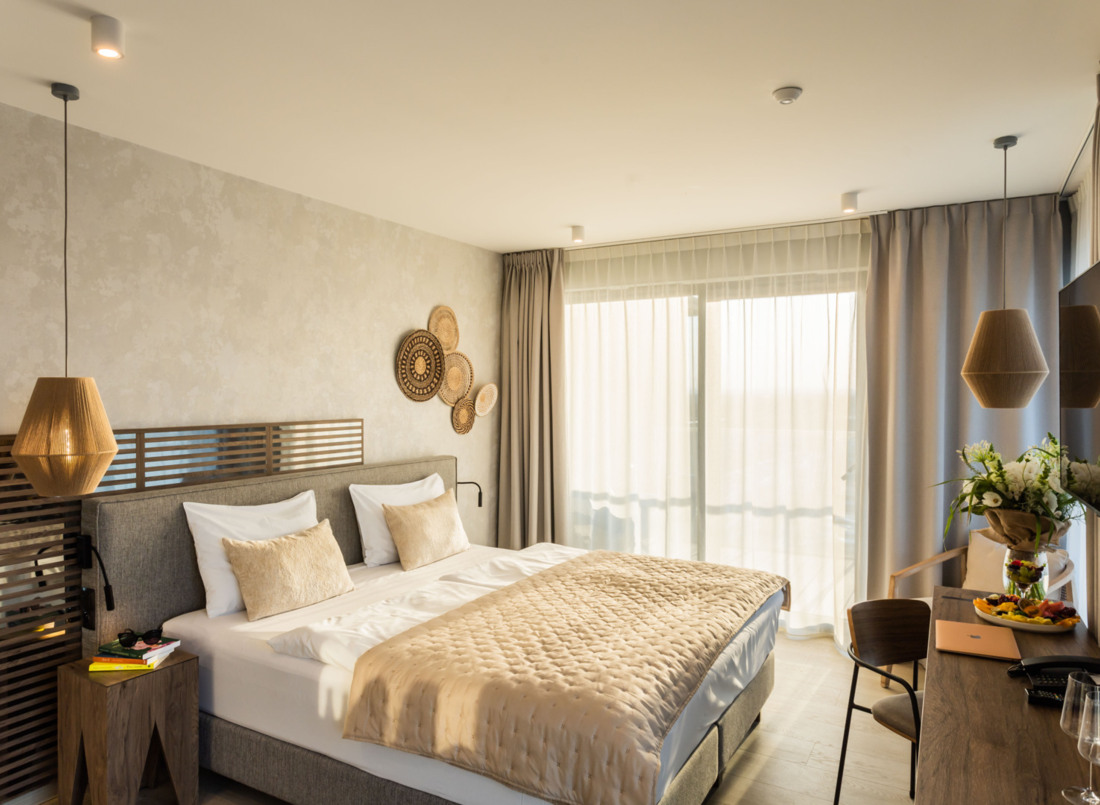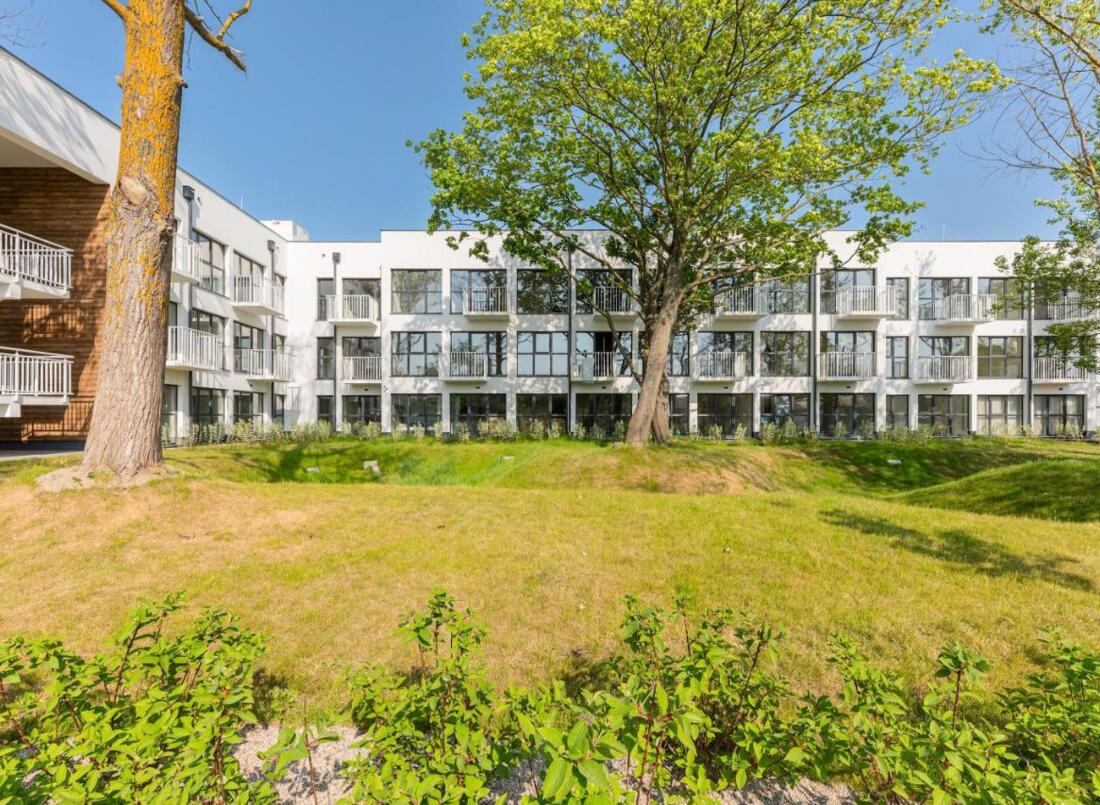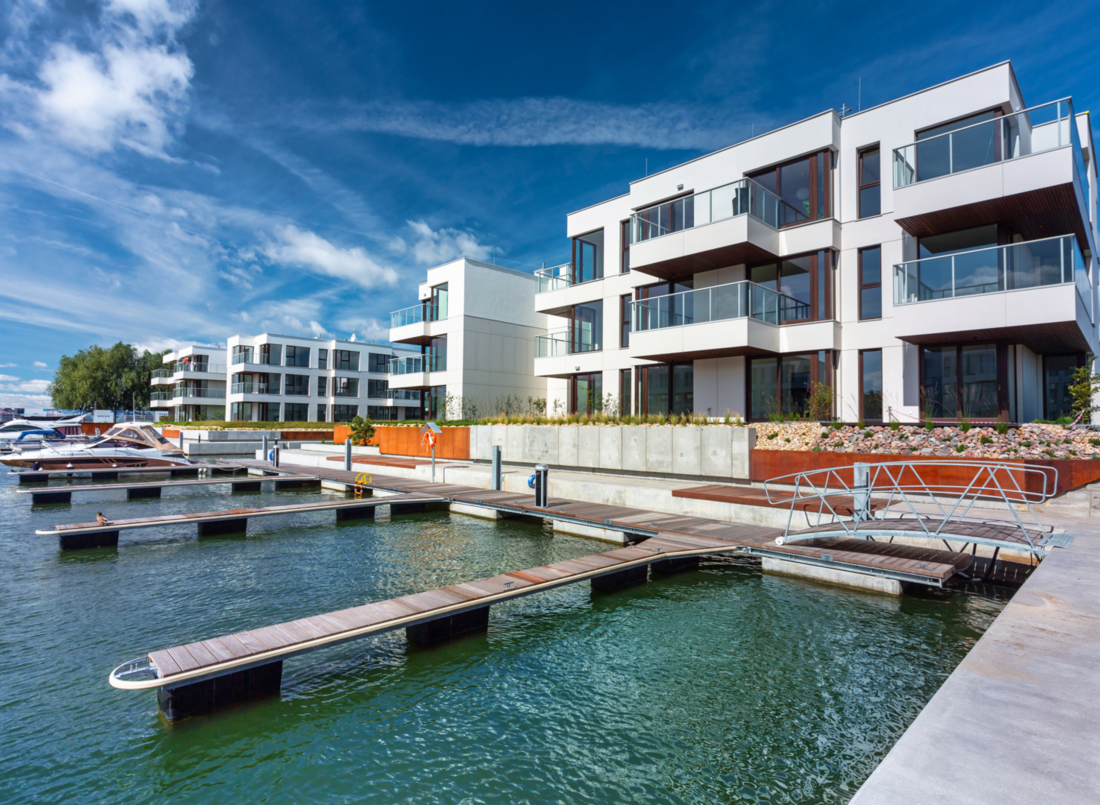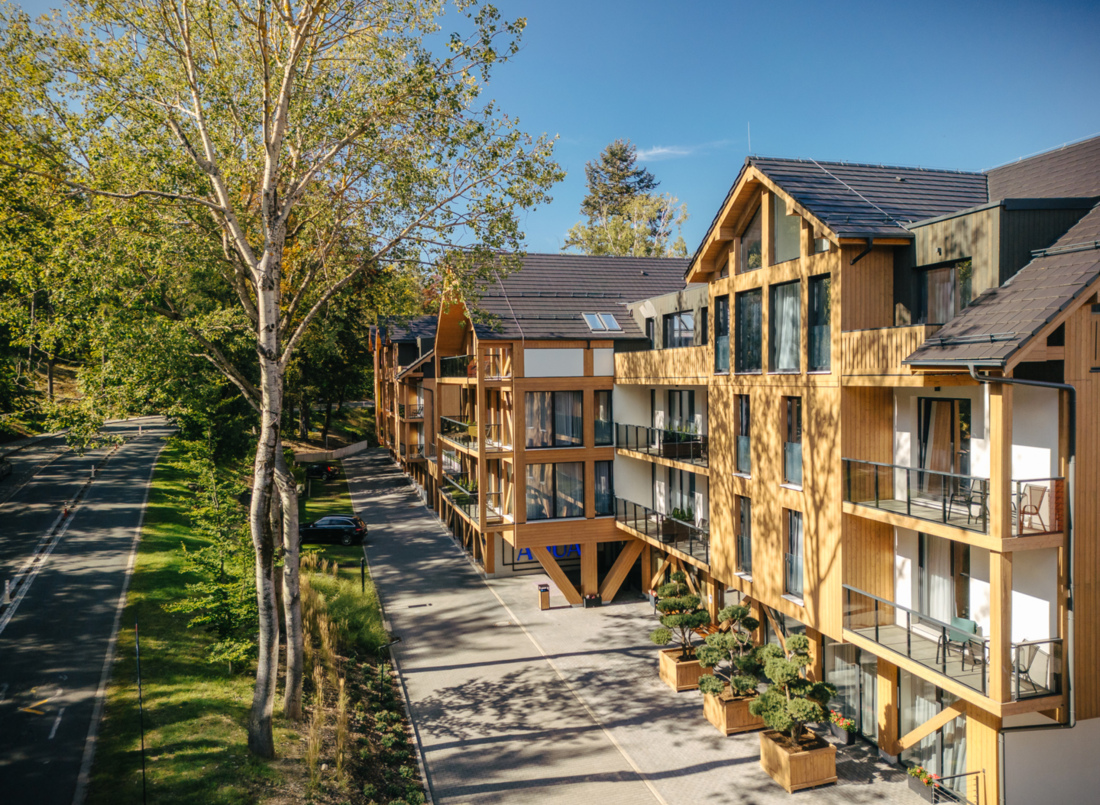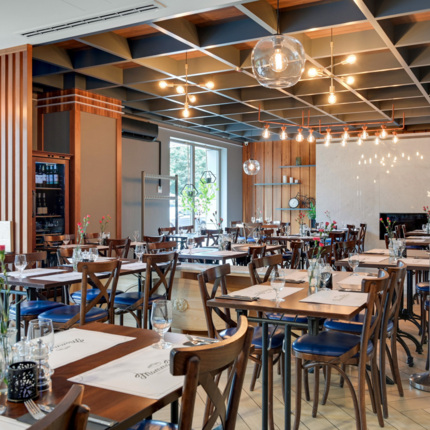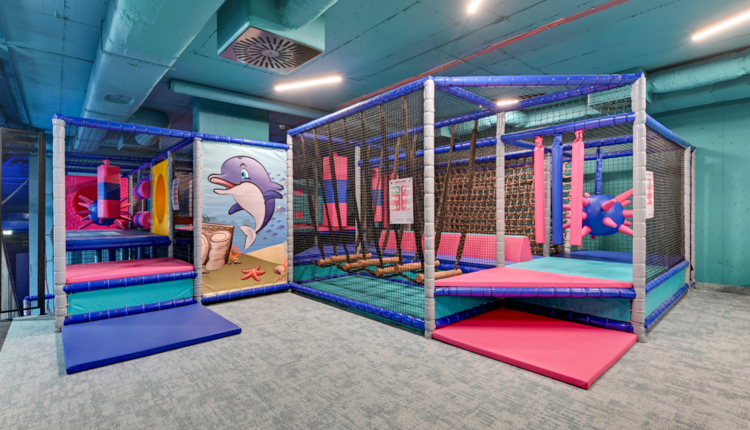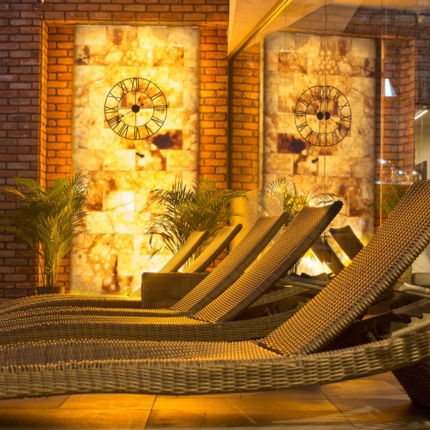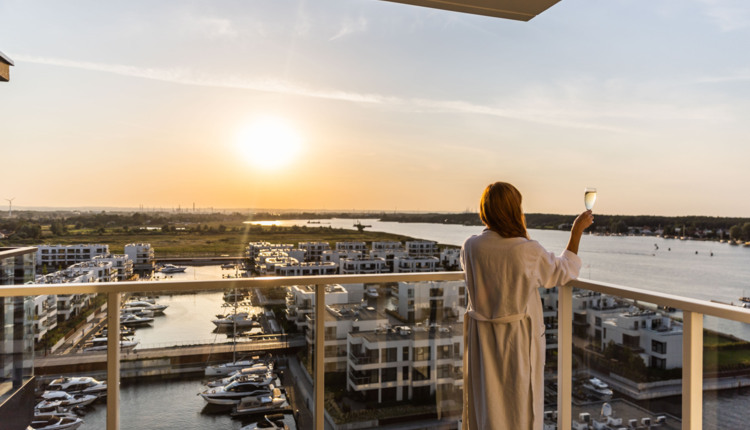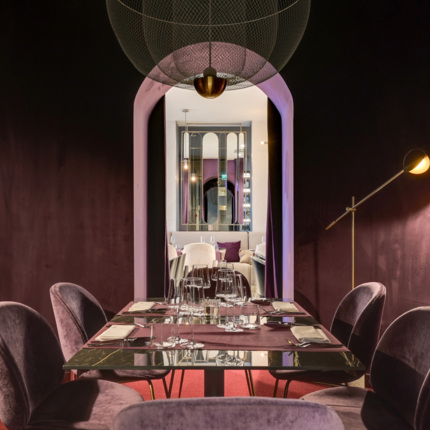

- Gdańsk
- Grano Life*** Gdańsk

- Gdańsk
-
- Grano Apartments

- Gdańsk
-
- Sobieszewo
- Grano Hotel**** Solmarina

- Sobieszewo
-
- Grano Flats

- Sobieszewo
-
- Grano Apartments

- Sobieszewo
-
-
- Sztutowo
- Grano Flats

- Szutowo
-
-
- Szklarska Poręba
- AQUA Residence by Grano Szklarska Poręba

- Szklarska Poręba
-
-
- Ustronie Morskie
- Grano Aparthotel Ustronie Morskie

- Ustronie Morskie
-
-
grano hotels
It's worth booking through our website.
Best price guarantee
Attractive stay packages
Individual guest service
Free wifi on the premises
Secure
payments
13% discount
on your next stay
50% discount on parking
for direct reservations
10% discount
on SPA
10% discount
on gastronomy
Wine discounts
up to 50%
20% discount on booking through the app
Manage your reservation in the app
Mobile access to invoices and settlements

Grano hotel****
Gdańsk Old Town
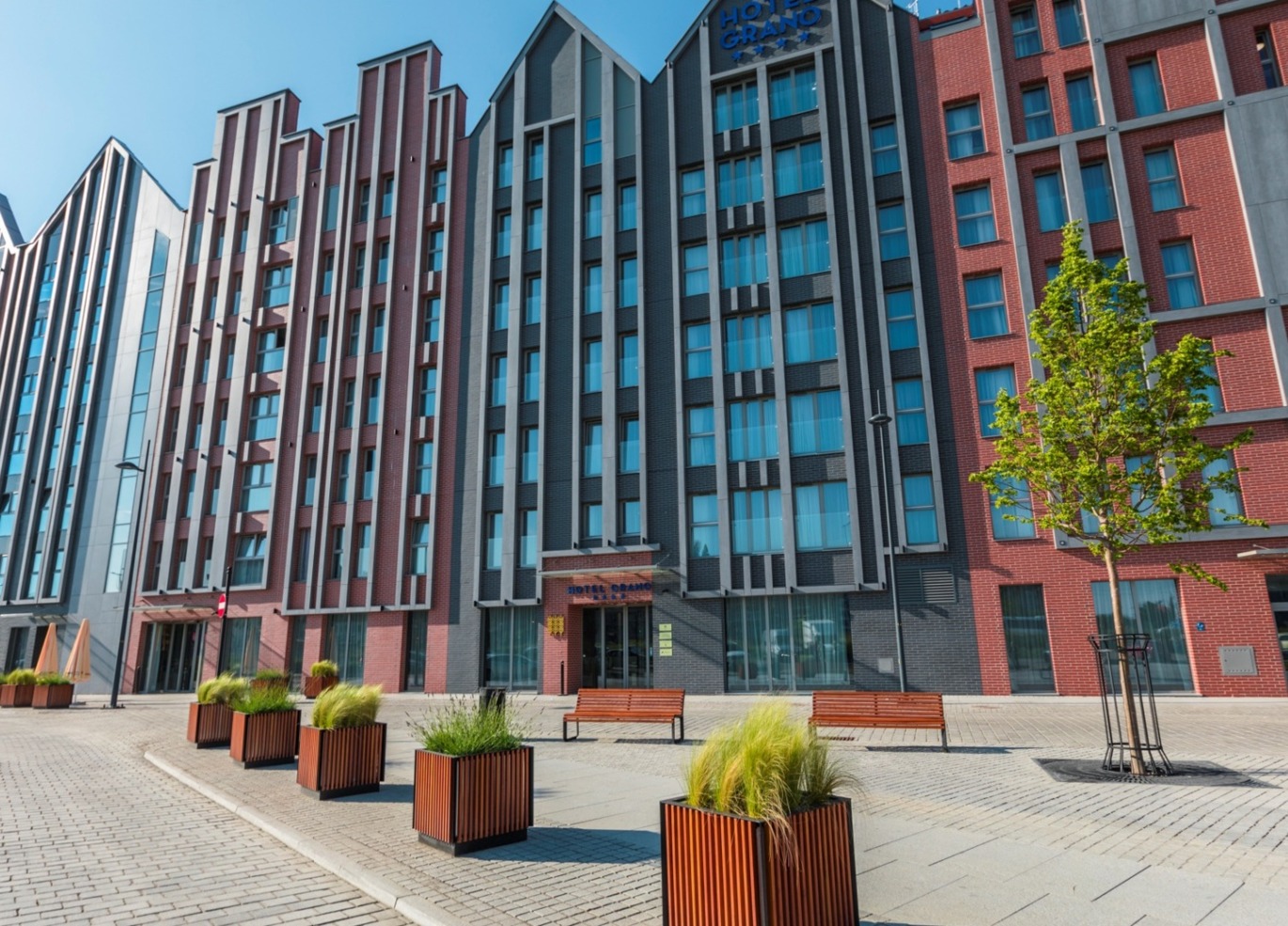
Grano Hotel**** Gdańsk Old Town is a unique property located on the Granary Island in the heart of Gdańsk. The direct proximity to numerous pubs and restaurants, cultural and entertainment venues, as well as the most important landmarks of Gdańsk, guarantees that guests at Grano Hotel**** Gdańsk Old Town will never get bored.
Gdańsk
Grano hotel****
Solmarina
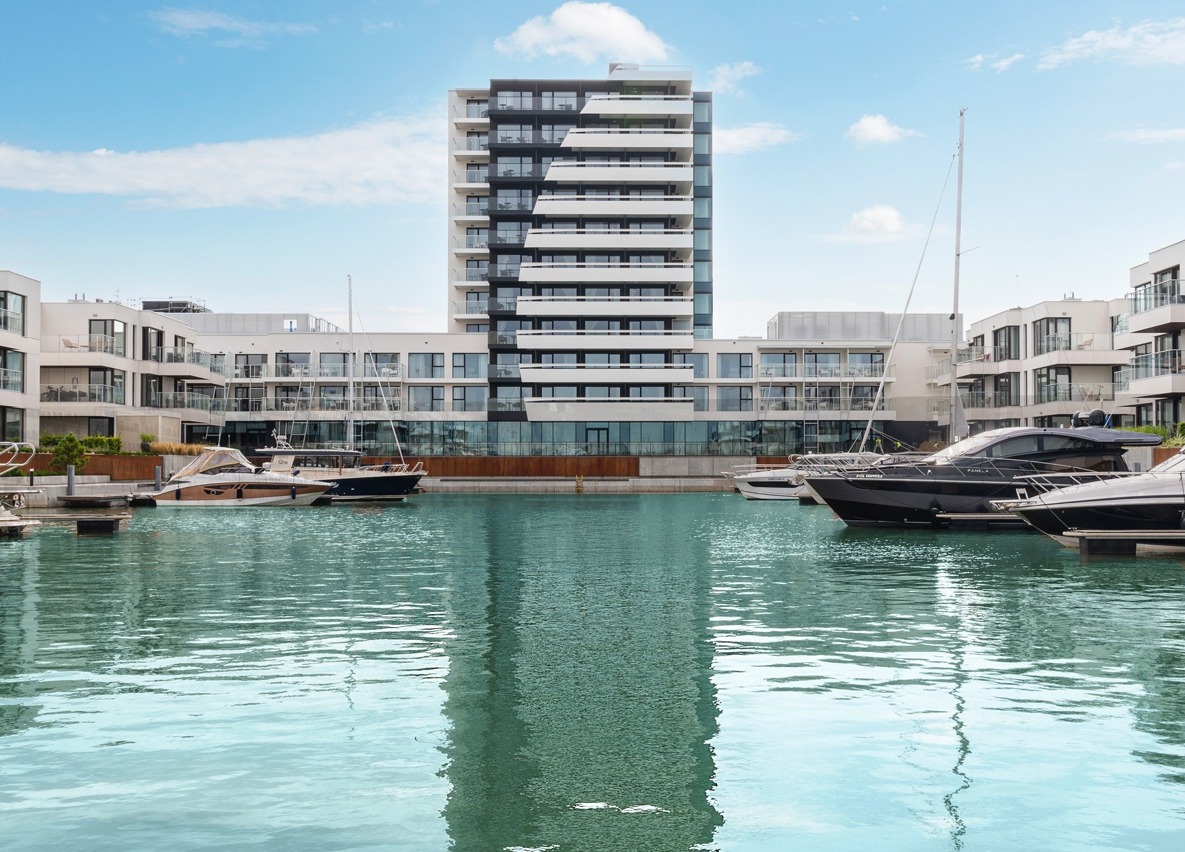
Peace, quiet - surrounded by plenty of green areas, close to the beach - sounds impossible? It's not easy to find the perfect hotel by the sea that has all these advantages, but at Grano Hotel**** Solmarina, it’s possible. This is a place where you can escape the hustle and bustle of the city, relax, and enjoy the beauty of nature. See for yourself that it's worth it and book your stay today! Grano Hotel**** Solmarina features a large playroom for children with a monkey grove.
Sobieszewo
grano hotel****
Gdańsk Riverside
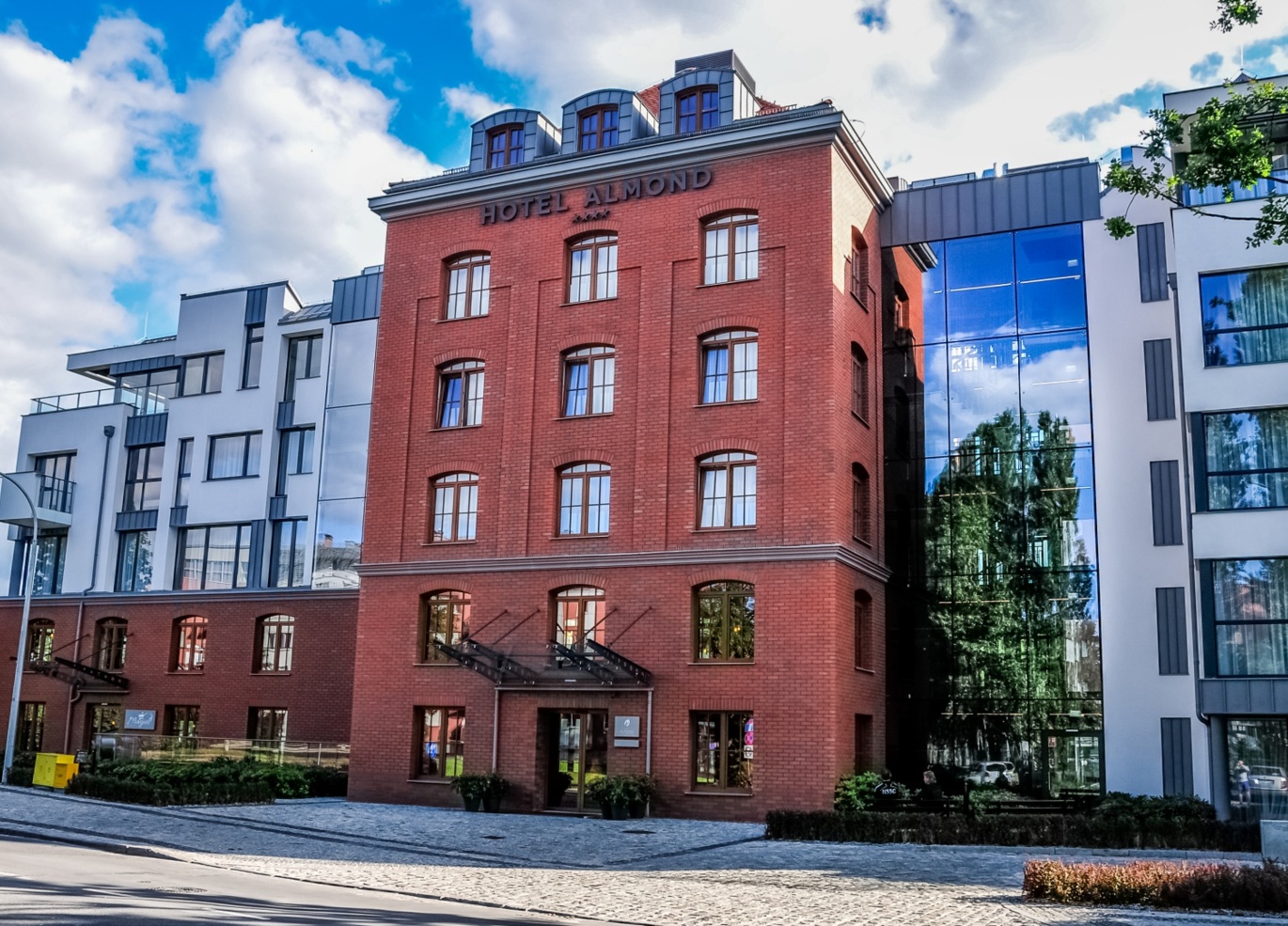
Grano Hotel**** Gdańsk Riverside (previously Hotel Almond Business & SPA) is a unique place for the modern person who, with many obligations, seeks relaxation and a moment for themselves. It is a hotel where tradition and history meet comfort and modernity. Grano Hotel**** Gdańsk Riverside is also a place for important business meetings. Do you need a haven? You will find it by the Motława River, in the heart of historical and beautiful Gdańsk.
Gdańsk
grano life***
gdańsk
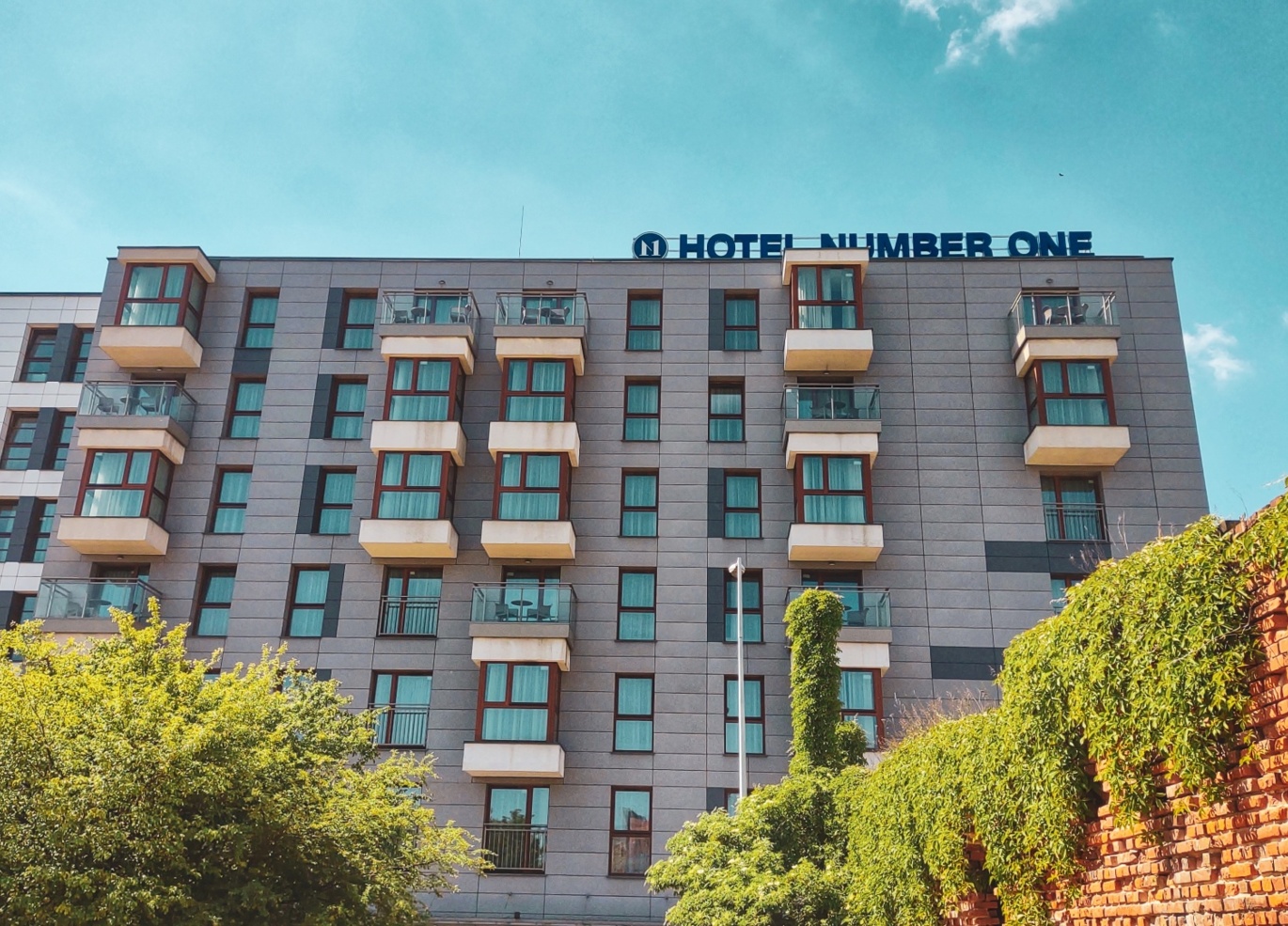
Grano Life*** Gdańsk (previously Hotel Number One by Grano) is a unique place where order and harmony reside. Whether traveling privately or for business, we perceive the world through our senses. They determine our experiences during our stay. Grano Life*** Gdańsk is a family-friendly place. There are two playrooms for children here.
Gdańsk
aqua residency
by grano

The AQUA Residence by GRANO is located in the picturesque Szklarska Poręba, right by the entrance to the Karkonosze National Park, making it an ideal location for hiking enthusiasts and cycling escapades. The property is situated close to the SKI Arena Szrenica, the largest ski resort in the region.
This is an excellent choice for a family vacation! There is a playroom for children, a gaming room, and many attractions for everyone.
Szklarska Poręba
grano aparthotel
Ustronie Morskie
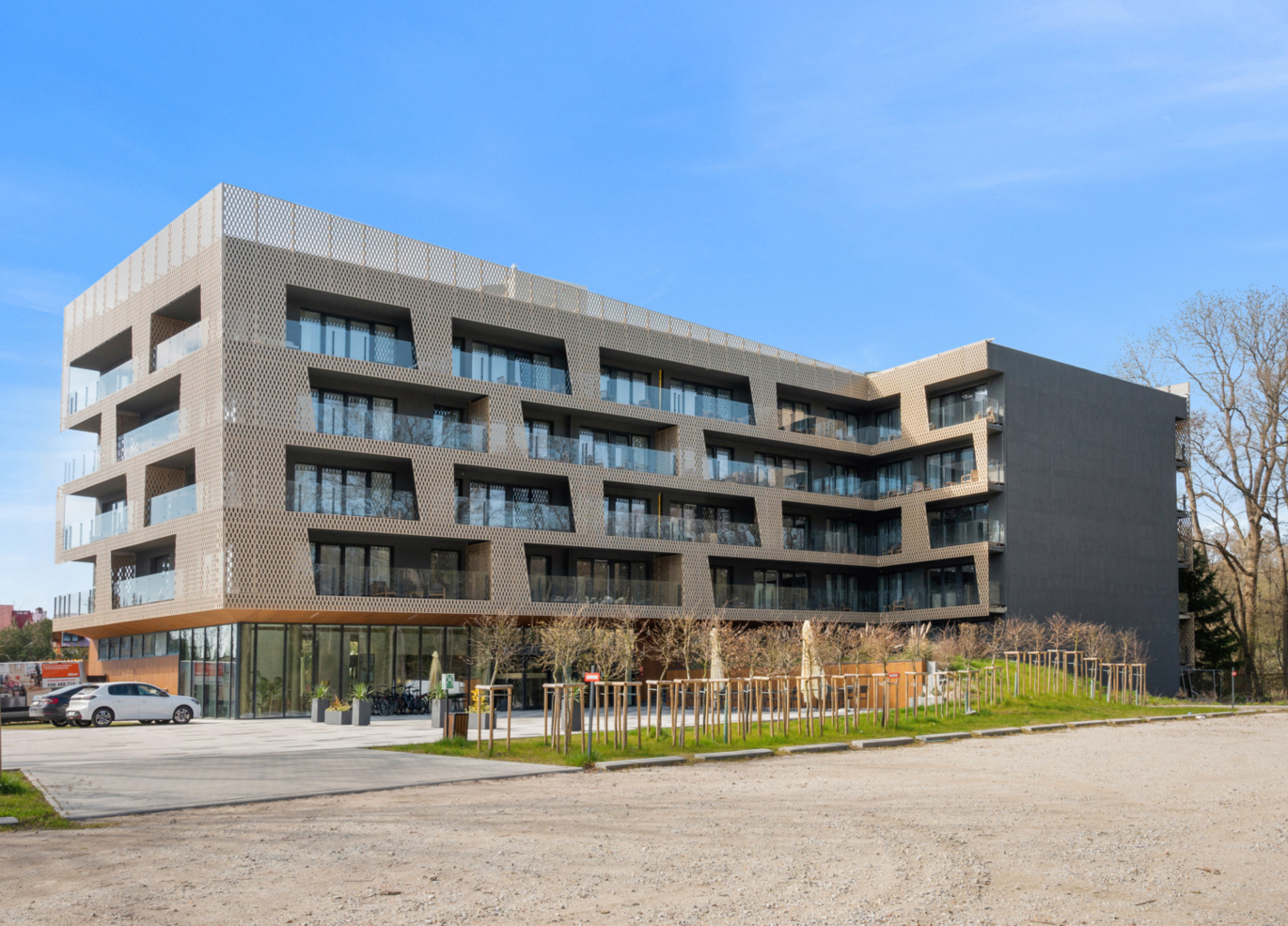
Grano Aparthotel Ustronie Morskie is a modern facility offering comfortable apartments that combine homely convenience with hotel standards. Our location in a quiet part of Ustronie Morskie allows you to enjoy the closeness of nature while being just a few minutes' walk from the beach. With our youngest guests in mind, we have prepared a unique play area covering 400 m².
Ustronie Morskie
Grano
Apartments
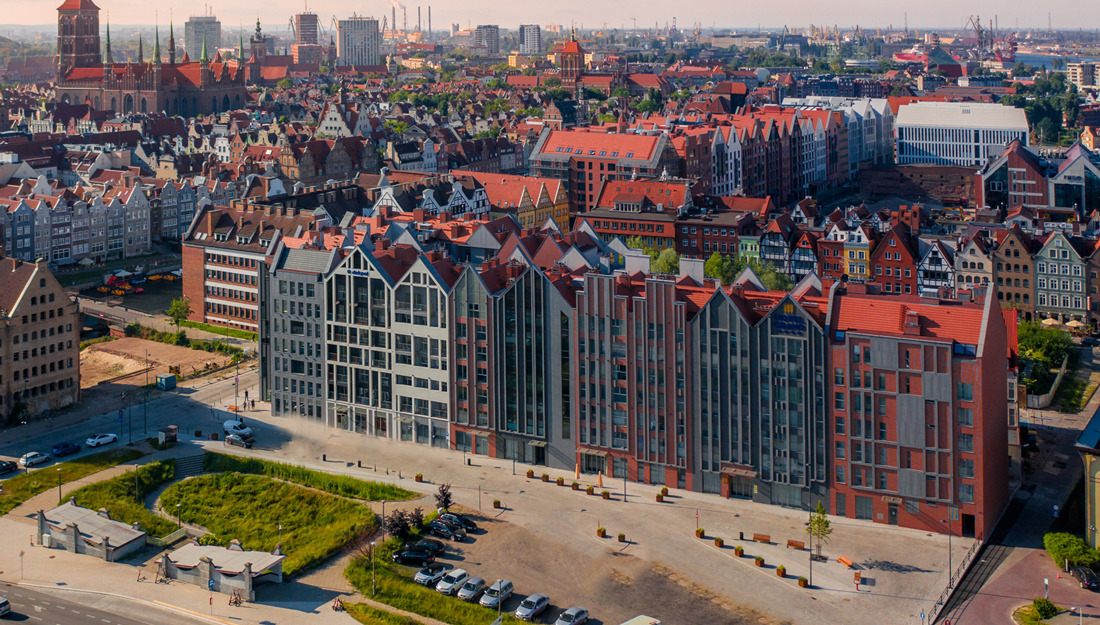
Ensure the highest level of relaxation in the luxurious Grano Apartments. With a wide range of offerings, all guests regardless of age, preferences, or purpose of visit, will leave here satisfied. And most importantly, they will definitely want to return here.
Gdańsk
Sobieszewo
Grano
Flats
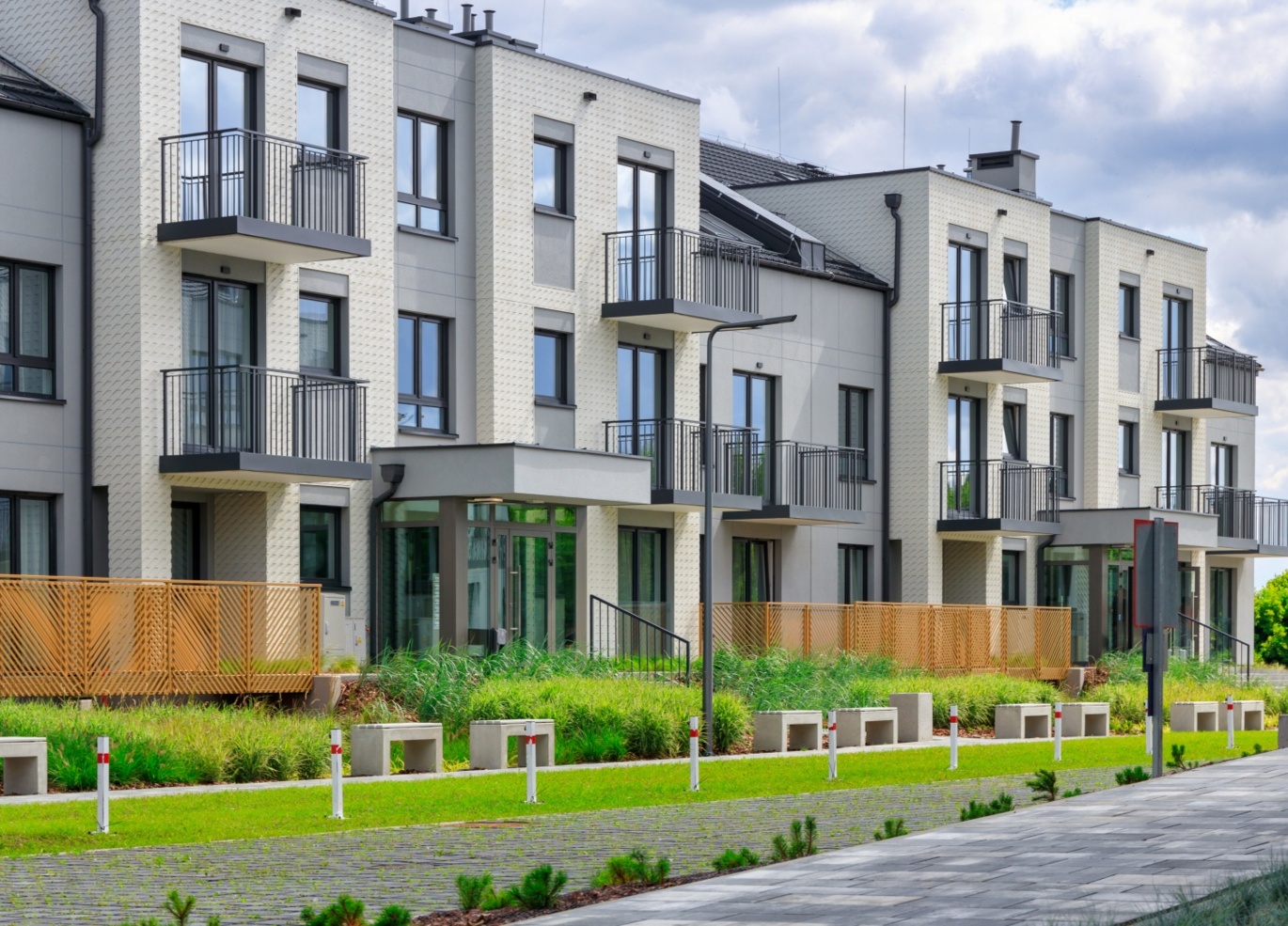

special
offers
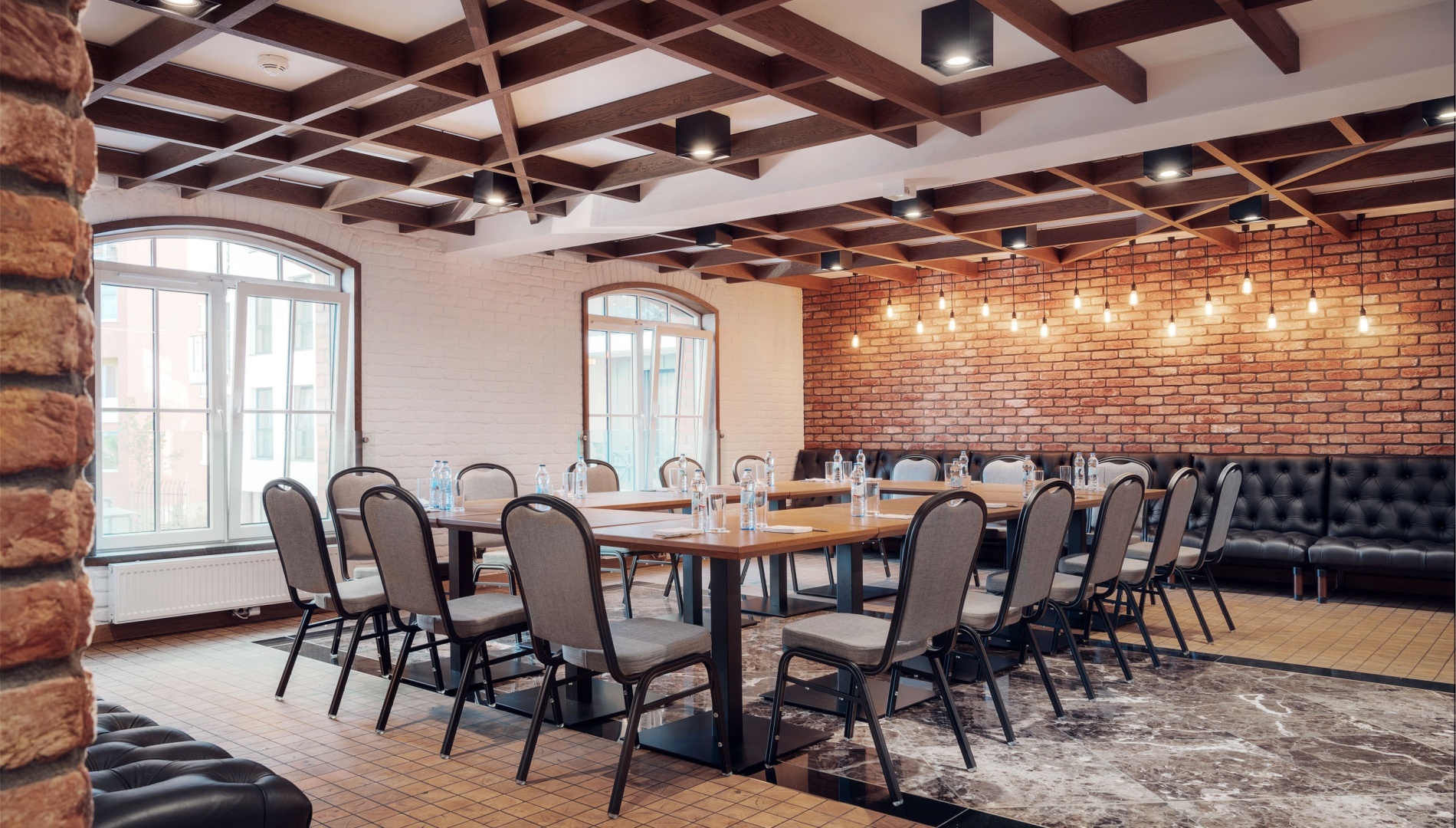

BUSINESS
events
business
Each of you is different and has different expectations. We approach each of our Guests individually and always try to prepare an offer tailored to your needs.
EVENTS
Special
Occasions
The appropriately chosen location and space can add charm, elegance, or intimacy to your event. Choosing the right venue ensures that everything will be organized according to expectations, contributing to the creation of unforgettable memories for all participants.


Discover our application
Attractive offers, quick reservation, and a range of benefits await you in the app. Download the Grano Hotels app and receive a 20% discount on your next booking!


Join the newsletter
grano real estate
Grano Real Estate, a brand owned by Grano Group, was created as a natural extension of the Grano Hotels chain. We specialize in the sale of investment apartments and hotel units in the most attractive locations in Poland – from seaside Gdańsk, through picturesque Sobieszewo Island, to dynamically developing Warsaw and mountain resorts. Our strength lies in our experience in managing premium hotels and apartments – thanks to which we offer not only high-standard properties but also proven business models that combine comfort with reliable investment potential. By choosing Grano Real Estate, you gain access to carefully selected projects, expert support, and professional management – everything that allows you to invest in real estate with class and peace of mind.
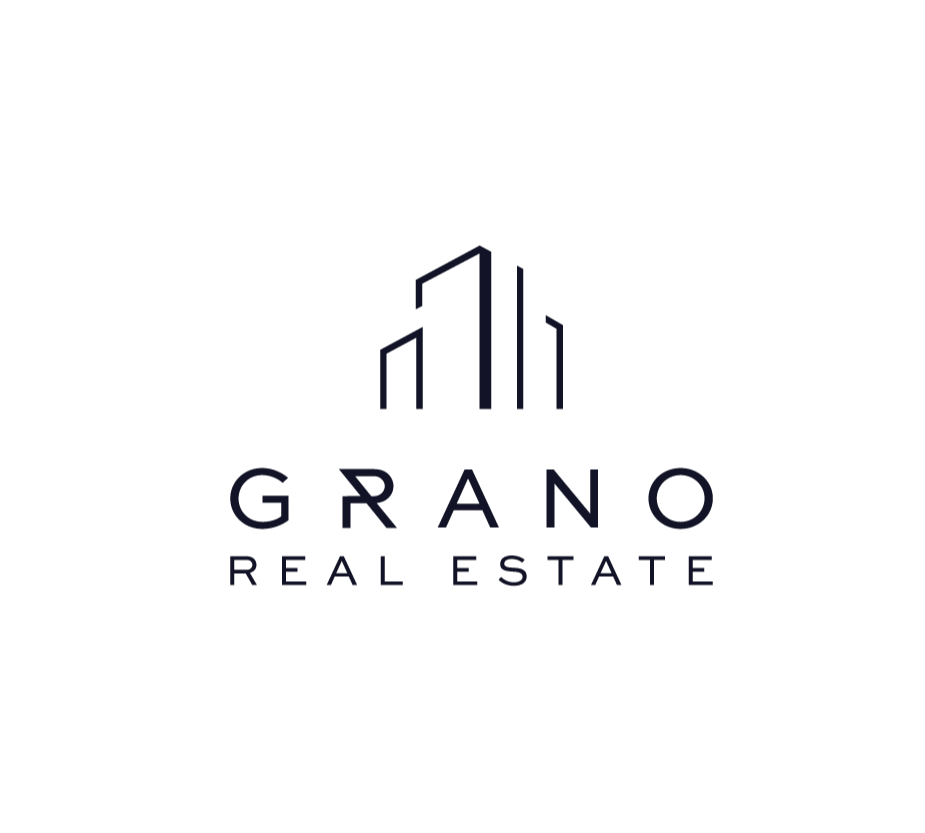
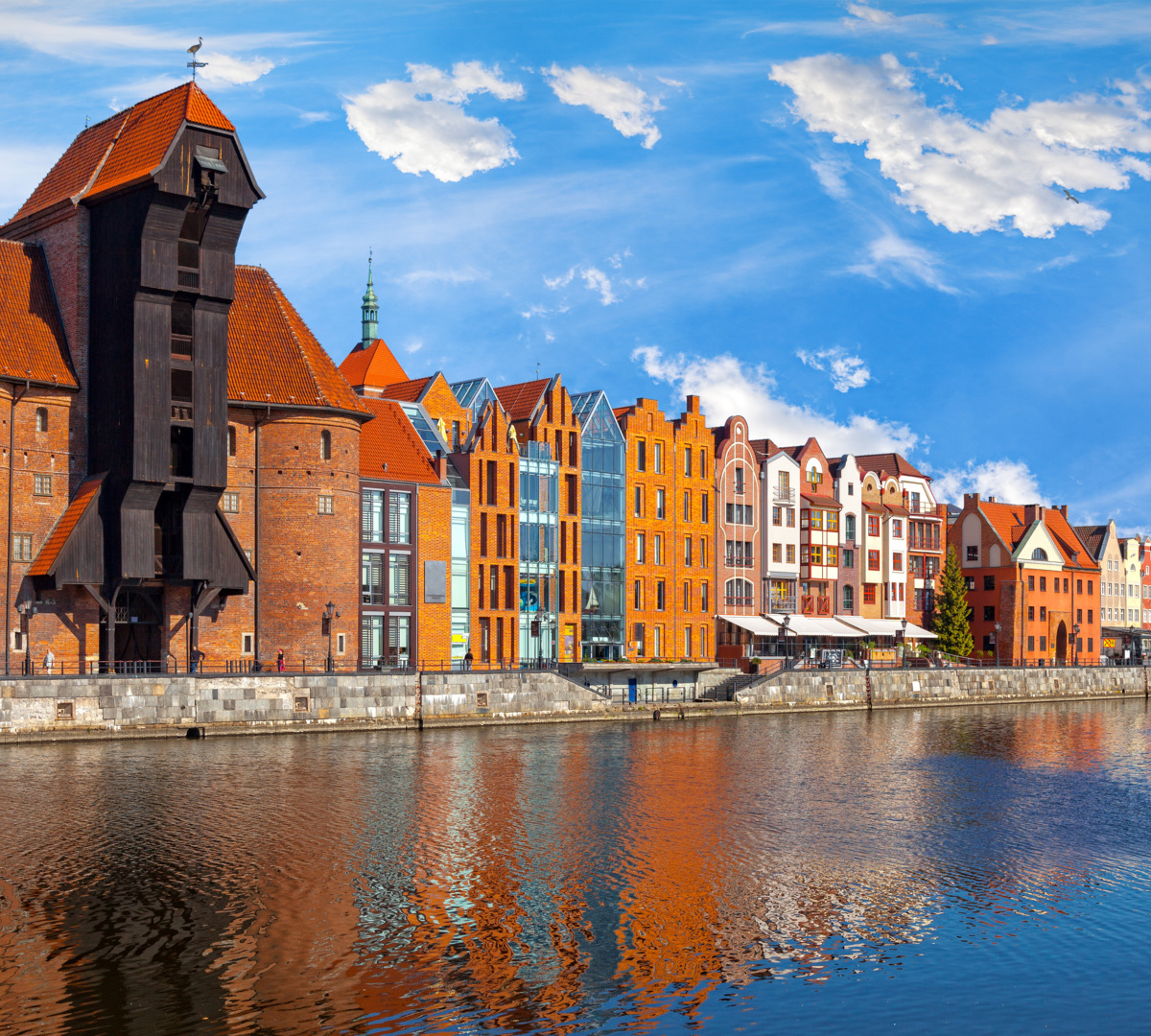
From grain to Granary Island
In order to provide services at the highest level, the Website uses cookies saved in the browser's memory. Detailed information about the purpose of their use, including processing of user activity data and advertising personalization, as well as the possibility to change cookie settings, can be found in the Privacy Policy. By clicking ACCEPT ALL, you consent to the use of technologies such as cookies and to the processing by City Apart Management Sp. z o.o., ul. Gajowa 31b, 83-251, Pinczyn, of your personal data collected on the Internet, such as IP addresses and cookie identifiers, for analytical and marketing purposes (including automated ad targeting, measuring their effectiveness, and processing user data for analytical purposes). You can change cookie settings and detailed consent preferences in .








